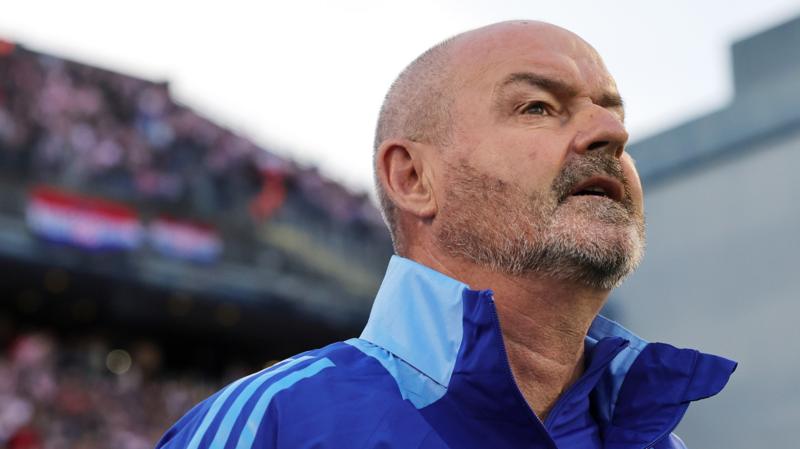Clarke's Final Stride? Unpacking Scotland's Latest Football Saga




As Scotland prepares for another tilt at World Cup glory, all eyes are on manager Steve Clarke’s squad announcement this coming Monday. The anticipation is not just about who will make the cut but also about the strategies and ambitions this selection will reflect as Scotland aims to secure a spot in the highly coveted FIFA World Cup tournament.
Historically, Scotland’s journey in international football has been a mixed bag of fleeting highs and lingering lows. They last graced the World Cup finals in 1998 in France, and since then, it's been a series of near misses and not-quite-there moments that have kept them away from soccer's grandest stage. However, the winds of change seem to be blowing, thanks to Steve Clarke’s pragmatic and motivational leadership since his appointment in May 2019.
Steve Clarke, known for his tactical acumen and ability to galvanize players, previously led Kilmarnock to their best Scottish Premiership finish in decades, which undeniably played a part in his recruitment for the national team job. His impact was immediate; Scotland's performance under his guidance has seen a noticeable upswing. They finished top in their Nations League group and earned a path to the Euro 2020 through the play-offs, their first major tournament since the World Cup in 1998.
With the World Cup qualifiers on the horizon, Monday’s squad announcement is crucial. Clarke has a pool of talent at his disposal, featuring players plying their trade in some of the top leagues around the world. The likes of Andrew Robertson, captain of the national team and a key player for Premier League giants Liverpool, and Kieran Tierney, who has been impressive for both Arsenal and the national team, are almost assured of their places. However, the intrigue lies in who else will join these stalwarts.
The selection is likely to indicate Clarke’s strategic vision—whether he will continue with the tried and tested or infuse fresh blood is a point of keen interest. Young talents like Billy Gilmour and Nathan Patterson have shown great promise, and their inclusion could signify a blend of youth and experience aimed at not just qualification but making a meaningful impact at the World Cup itself.
Scotland’s route to the World Cup is not straightforward. They are positioned in a challenging group, and success in qualifiers will depend heavily on squad depth and adaptability to different styles of play. Thus, Clarke’s choices will need to reflect a balance between defensive solidity and attacking flair, offering tactical flexibility without sacrificing the team's cohesiveness.
Moreover, the announcement isn't just significant for tactical reasons. It carries a symbolic weight, rejuvenating hopes among the Tartan Army—the affectionate name for Scotland’s dedicated supporters. A well-thought-out squad could reignite the national belief that Scotland’s place is indeed at the big gatherings of world football, which has been elusive for too long.
From now until Monday, speculation will be rife, discussions animated, and hopes sky-high. Every club game will be scrutinized, and every performance could be a make or break for the players on the fringes. It’s a moment of tension but also of opportunity. For some players, it could mark the culmination of a lifelong dream to represent their nation on the world’s biggest stage, while for others, it could be a heartbreak, narrowly missing out.
Within this context, Monday’s announcement is not just about naming a squad; it’s about setting a course towards a dream, a radical turnaround in Scotland’s football fortunes driven by strategic selections and a united dream of World Cup participation. For now, Scotland waits, hopeful and expectant, ready to rally behind Clarke’s chosen few.